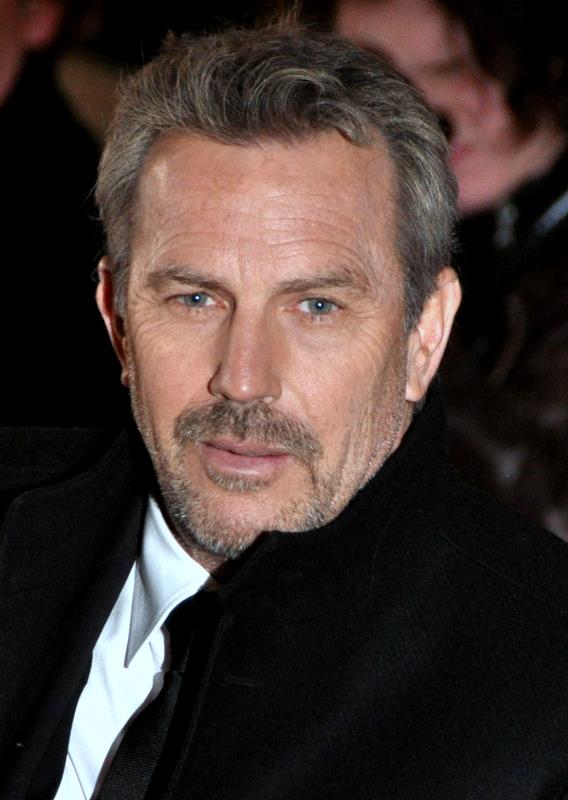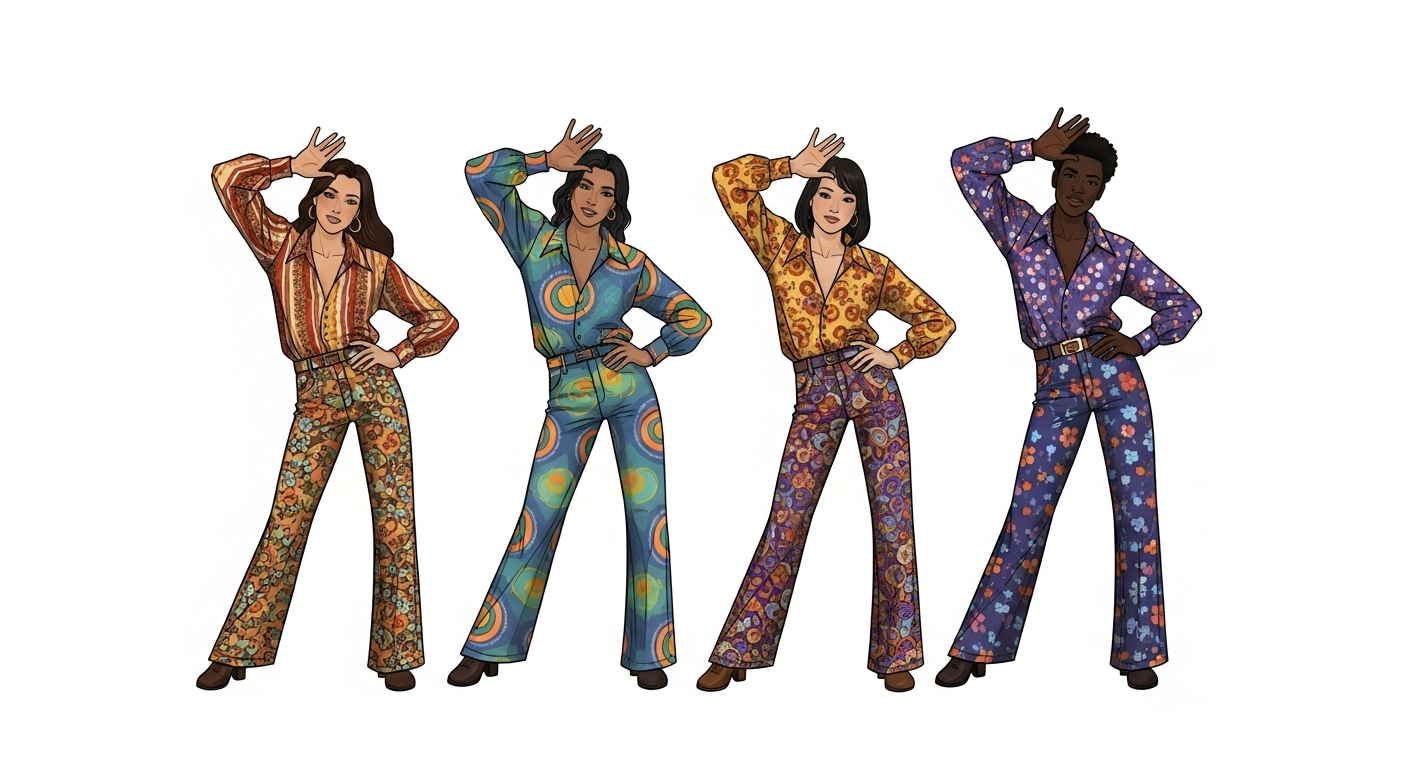
The 1970s, a decade often defined by its iconic fashion, groundbreaking music, and significant cultural shifts, also stands as a golden era for television. It was a time when families gathered nightly, often around a single, bulky screen, to immerse themselves in stories and characters that felt like an extension of their own lives. From the societal commentary of “All in the Family” to the pure escapism of “Happy Days,” these shows and the stars within them were the fabric of our weekly routines, sparking conversations and creating lasting memories.
For many of the beloved faces who graced our screens during this transformative decade, the journey didn’t simply end when their shows went off the air. Instead, the ’70s proved to be a launchpad for incredible, often unexpected, career transformations. These aren’t just stories of actors continuing to act; they are tales of reinvention, where talent found new avenues, passions ignited different pursuits, and fame took on entirely new forms. It’s a testament to the versatility and resilience of these individuals.
We’re about to take a fascinating trip down memory lane, highlighting twelve unforgettable TV stars from the ’70s who dared to venture beyond their initial success and redefine what it meant to be famous. In this first half of our exploration, we’ll uncover the remarkable shifts made by six of these icons, demonstrating how their influence extended far beyond their original roles and left indelible marks on entirely different industries. Get ready to be inspired!
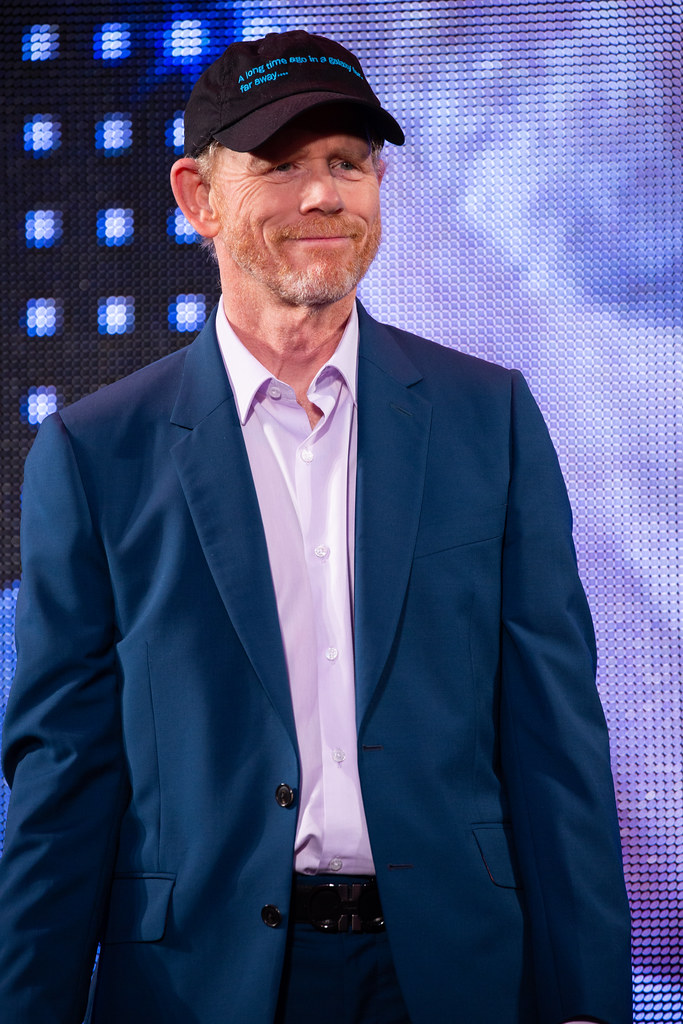
1. Ron Howard
Ron Howard first captured the hearts of millions as the quintessential all-American teenager, Richie Cunningham, on the wildly popular ’70s sitcom “Happy Days.” His wholesome, relatable portrayal of Richie, the good-natured friend navigating high school life alongside the effortlessly cool Fonz, made him a beloved fixture in homes across America. For many, he epitomized the innocence and charm of a bygone era, and his acting career seemed set on a trajectory purely in front of the camera.
However, even while starring in one of the decade’s most iconic shows, a different passion was quietly simmering for Howard. He wasn’t just performing; he was observing, learning, and dreaming of a different role: that of a storyteller from behind the lens. His fascination with the entire filmmaking process, from script to screen, was a powerful drive that would soon lead him to explore new creative horizons, signaling a profound shift in his professional path.
This pivot wasn’t a mere career adjustment; it was a full-fledged metamorphosis into one of Hollywood’s most respected and successful directors. Howard has since gifted us with an impressive and diverse filmography, showcasing his extraordinary ability to craft compelling narratives across various genres. From the gripping true-life drama of “Apollo 13” to the poignant and intellectually stimulating “A Beautiful Mind,” for which he earned an Academy Award, his directorial style consistently delivers strong performances and visually engaging stories.
His journey from a cherished teen idol to an Oscar-winning filmmaker perfectly embodies the essence of creative evolution, demonstrating an incredible capacity for growth and artistic mastery. Ron Howard’s story is a powerful reminder that sometimes, the greatest acts of performance happen not on screen, but in the visionary mind shaping the narrative.
Read more about: Totally Rad Reels: A BuzzFeed Journey Through the Best Movies of the ’80s
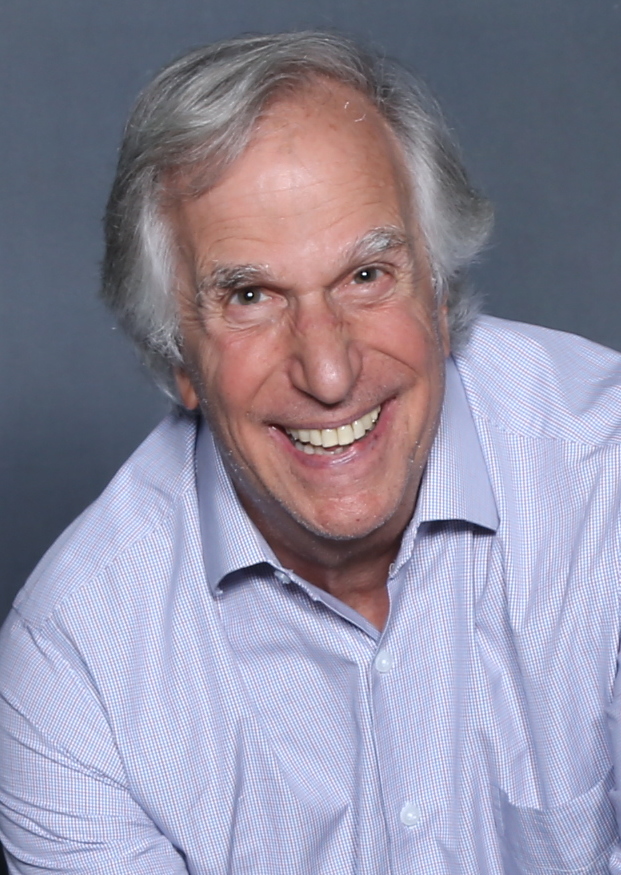
2. Henry Winkler
The mere mention of “The Fonz” instantly conjures images of cool leather jackets, slicked-back hair, and an undeniable ‘Ayyy!’ It’s impossible to talk about ’70s television without acknowledging Henry Winkler’s legendary portrayal of Arthur Fonzarelli on “Happy Days.” The Fonz wasn’t just a character; he was a cultural phenomenon, an icon of coolness who transcended the screen and infiltrated the collective consciousness of a generation, solidifying Winkler’s place in pop culture history.
Yet, Winkler’s enduring legacy extends far beyond his iconic Fonzie persona. He embarked on a remarkable reinvention, showcasing a multifaceted talent that saw him excel as a producer, director, and, perhaps most surprisingly to many, a beloved children’s book author. This wasn’t just a pivot; it was an expansion of his creative spirit, demonstrating a profound desire to connect with audiences in entirely new ways and through different artistic mediums.
He channeled his considerable creative energy into producing and directing, finding success in shaping narratives from a behind-the-scenes perspective. Shows like the action-packed “MacGyver” benefited from his keen eye and leadership, proving his ability to craft compelling television that resonated with viewers. His transition showcased a natural aptitude for guiding projects and developing engaging content beyond his acting roles.
What truly highlights Winkler’s unique transformation is his heartfelt dedication to writing children’s literature. Drawing on his own experiences with dyslexia, his popular “Hank Zipzer” series offers inspirational stories of a boy navigating learning challenges. This endeavor not only entertains but also provides a powerful message of resilience and self-acceptance, reflecting Winkler’s personal journey of overcoming obstacles. His evolution from a ’70s cool cat to an advocate for young readers is truly heartwarming and inspiring.
Read more about: Live Long and Prosper: Unpacking the Incredible Journeys of the Last Surviving Stars from Star Trek: The Original Series

3. Janet Jackson
Long before she became the global pop icon recognized by a single name, Janet Jackson first graced television screens as the spirited Penny Gordon Woods on the influential ’70s sitcom “Good Times.” In a show celebrated for its groundbreaking portrayal of a working-class African American family, young Janet delivered memorable performances, quickly showcasing her inherent talent. While the world knew her as part of the legendary Jackson family, her individual star power was clearly beginning to emerge, hinting at the colossal impact she would soon make.
Her transition from a beloved child actor to a music superstar was nothing short of revolutionary, fundamentally reshaping the landscape of pop music. Janet didn’t just sing; she innovated. With a groundbreaking sound, meticulously crafted music videos, and electrifying live performances, she carved out a monumental space for herself, separate from her famous siblings. Albums like “Control” and “Rhythm Nation 1814” weren’t merely commercial hits; they were cultural phenomena that introduced complex choreography, pioneering production, and powerfully socially conscious themes.
These albums were more than just collections of songs; they were statements. They addressed issues of control, self-worth, and social justice, resonating deeply with millions worldwide and influencing a generation. Janet’s artistic vision pushed boundaries, marrying intricate dance routines with powerful lyrical content, setting new standards for pop music artistry and performance.
Beyond her musical prowess, Janet Jackson also became a formidable fashion icon, with her distinctive style influencing trends across the globe. Her willingness to constantly reinvent her image while maintaining an authentic voice allowed her to remain a relevant and influential figure for decades. Her journey from a child actor on a ’70s sitcom to a global pop sensation is a masterclass in artistic versatility and enduring influence, inspiring countless artists to follow their own distinct paths.
Read more about: A Heartbreaking Tribute: Remembering 14 Gen X Movie Stars We Lost Far Too Soon
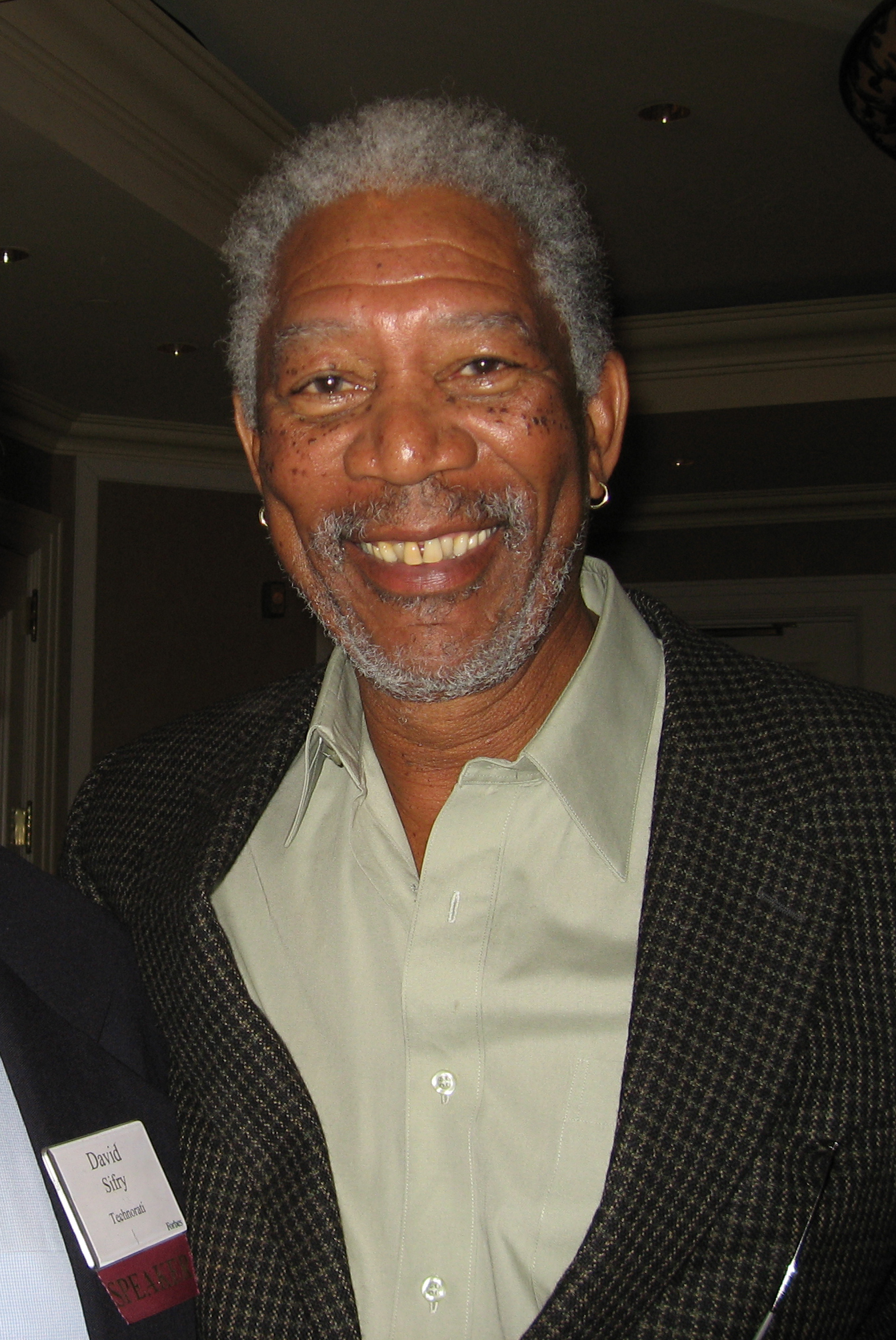
4. Morgan Freeman
Before his voice became synonymous with gravitas and his face with cinematic wisdom, Morgan Freeman was engaging young minds on the beloved educational children’s show, “The Electric Company,” in the early 1970s. As a versatile performer, he embodied various characters like Easy Reader and Vincent the Vampire, making learning accessible and fun for a generation of viewers. While his presence was undoubtedly charming and memorable, few could have fully anticipated the majestic trajectory his career would take from this foundational, yet seemingly unassuming, beginning.
Freeman’s distinctive baritone voice and inherent authoritative presence, now instantly recognizable across the globe, were already evident during his time on “The Electric Company.” However, it was his deliberate and successful leap into the world of feature films in the subsequent decades that truly cemented his status as one of Hollywood’s most esteemed and enduring actors. He didn’t just appear in movies; he inhabited roles with a profound depth and authenticity that captivated critics and audiences alike.
His filmography is a testament to his unparalleled range and consistent delivery of powerful, nuanced performances. From the poignant and heartwarming mentorship he offered in “Driving Miss Daisy” to his embodiment of enduring hope and wisdom in the unforgettable “The Shawshank Redemption,” Freeman became a highly sought-after talent. His ability to convey complex emotions and profound inner life, often through subtle gestures and his commanding voice, elevated every project he became a part of.
Morgan Freeman’s career transformation from a children’s television entertainer to an Academy Award-winning, universally revered actor underscores an unwavering dedication to mastering the art of acting. His story is a powerful illustration that true talent knows no bounds and, like fine wine, only ripens with time, continually evolving to achieve even greater heights of artistic expression and impact.
Read more about: Before They Were Superstars: 14 Legendary Actors Who Graced Our Screens in Commercials

5. John Travolta
The ’70s were an era of unforgettable characters, and among them was John Travolta’s charismatic turn as Vinnie Barbarino, the charming yet lovably dim-witted leader of the Sweathogs on “Welcome Back, Kotter.” With his signature catchphrase, “up your nose with a rubber hose,” and an undeniable screen presence, Travolta captivated audiences, making Vinnie a household name. Even in those early days, his raw talent and magnetic appeal hinted at a destiny far beyond the confines of a high school sitcom.
What swiftly followed was an extraordinary explosion into cinematic superstardom, a pivotal transformation that catapulted Travolta to global icon status. His roles in the cultural touchstones “Saturday Night Fever” and “Grease” weren’t just film performances; they were generational events that defined an entire era of music, dance, and youth culture. His electrifying dance moves and undeniable charm made him an instant idol, establishing him as a leading man in Hollywood with remarkable speed and impact.
Travolta’s ability to embody vastly different characters, from a disco king to a Rydell High greaser, showcased a versatility that few actors possess. Despite the inevitable ebbs and flows that come with a decades-long career in the spotlight, his passion for performance and remarkable adaptability have ensured his enduring relevance. His career revival with “Pulp Fiction” decades later further solidified his status, proving his willingness to embrace unconventional roles and continue to surprise audiences.
Beyond his acting triumphs, Travolta also pursued another significant passion: aviation, becoming a licensed pilot. This commitment to an entirely different skill set underscores his multifaceted nature and relentless pursuit of excellence in various aspects of his life. His journey from a ’70s TV heartthrob to a Hollywood A-lister and skilled aviator exemplifies the transformative power of talent, persistence, and an innate ability to connect with diverse audiences, cementing his legacy as a true legend.
Read more about: Before They Were Superstars: 14 Legendary Actors Who Graced Our Screens in Commercials
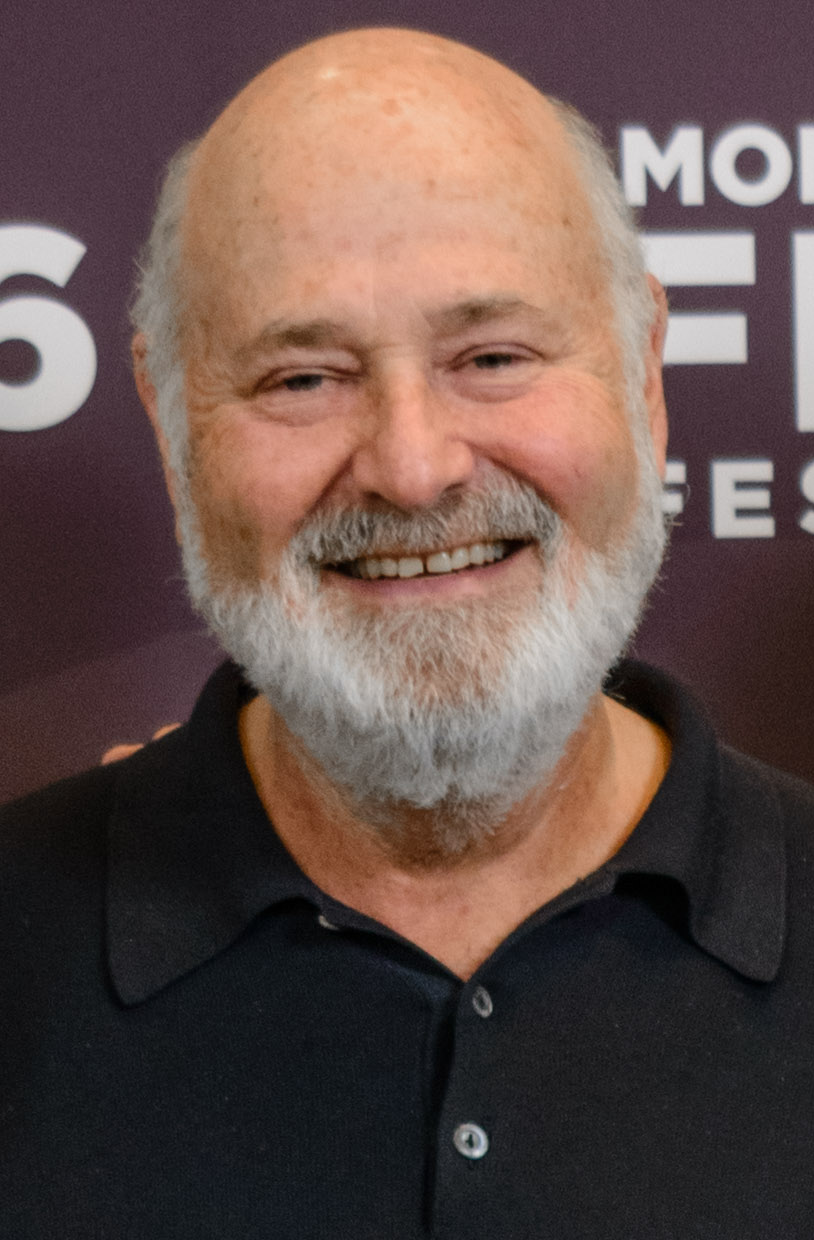
6. Rob Reiner
Rob Reiner etched himself into the annals of ’70s television history as Michael “Meathead” Stivic, the often-exasperated but ultimately principled liberal son-in-law of Archie Bunker on the revolutionary sitcom “All in the Family.” Their fiery debates and comedic clashes were central to the show’s groundbreaking exploration of social and political issues, making Reiner’s character a significant figure in American pop culture. His nuanced portrayal earned him critical acclaim and made him a recognizable face in millions of homes, demonstrating his prowess as an actor.
Yet, even amidst his success as “Meathead,” Reiner harbored a potent ambition that extended beyond acting: to craft narratives from the director’s chair. This shift from a prominent sitcom star to a celebrated filmmaker was a truly remarkable evolution, showcasing a creative vision that sought to shape stories from a different perspective. He meticulously honed his craft, moving beyond the familiar confines of television to embrace the expansive possibilities of cinematic storytelling.
As a director, Reiner has left an indelible mark on Hollywood, blessing us with a series of iconic and beloved films that continue to charm and resonate with audiences across generations. His unique directorial approach masterfully blends humor with profound emotional depth, often exploring universal themes of love, friendship, and the complexities of human relationships. His ability to evoke both laughter and tears, sometimes within the same scene, is a hallmark of his genius.
Classics such as the enchanting fairy tale “The Princess Bride,” the poignant coming-of-age drama “Stand by Me,” and the timeless romantic comedy “When Harry Met Sally” are enduring testaments to his creative genius. Reiner’s illustrious career transformation highlights his exceptional ability to evolve and achieve resounding success across vastly different entertainment mediums, solidifying his legacy as both a gifted actor and a visionary director.
Our journey through the incredible reinventions of ’70s TV stars continues, bringing us to a new set of personalities who ventured into unexpected realms like wellness, radio, art, and spirituality. These transformations demonstrate not only remarkable adaptability but also an enduring influence that stretched far beyond the confines of the television screen. Get ready to discover how these beloved figures continued to captivate us, just in entirely new ways!
Read more about: Stephen King’s Unconventional Top 10: Deconstructing the Master of Horror’s All-Time Favorite Films
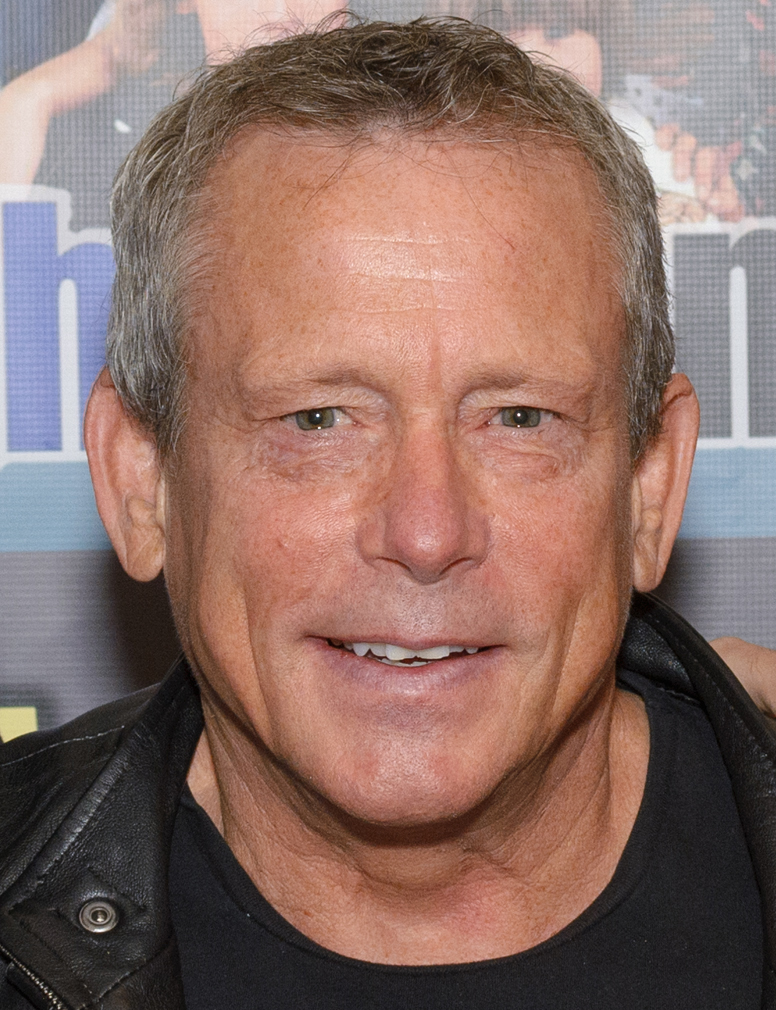
7. Willie Aames
For many of us who grew up with ’70s television, Willie Aames was the epitome of the all-American teenager, most famously capturing our attention as Tommy Bradford on the wildly popular family drama, “Eight Is Enough.” His portrayal of the eldest son in the large Bradford clan resonated with audiences, making him a household name and a familiar face in prime time lineups. He was a quintessential part of that era’s television landscape, seemingly destined for a long career within traditional acting roles.
Yet, life often takes unforeseen detours, and for Aames, his path led him away from mainstream acting into a profoundly different direction. Following his initial television success, he navigated a period of personal challenges but ultimately found renewed purpose and clarity through spirituality. This deeply personal transformation saw him embracing Christian programming, most notably starring as the titular superhero in the popular children’s series “Bibleman,” where he brought wholesome messages to young audiences with a fresh sense of conviction.
Beyond his foray into faith-based entertainment, Aames demonstrated another remarkable pivot, transitioning into the world of finance. He built a new career as a financial adviser, dedicating himself to helping others navigate the complexities of managing their money and planning for their futures. This was a stark departure from the glitz and glam of Hollywood, showcasing a grounded and practical side to his evolving professional identity.
His remarkable journey from a beloved ’70s teen idol to a spiritual mentor and financial guide truly reflects a story of resilience and unwavering dedication to personal growth. Willie Aames’s inspiring narrative reminds us that sometimes, the greatest transformations occur when we listen to our inner callings and bravely embrace new, unexpected chapters in life, proving that purpose can be found in the most diverse of fields.
Read more about: Who’s Still Bringing the Sunshine? Catching Up with the Enduring Cast of ‘Eight Is Enough’!
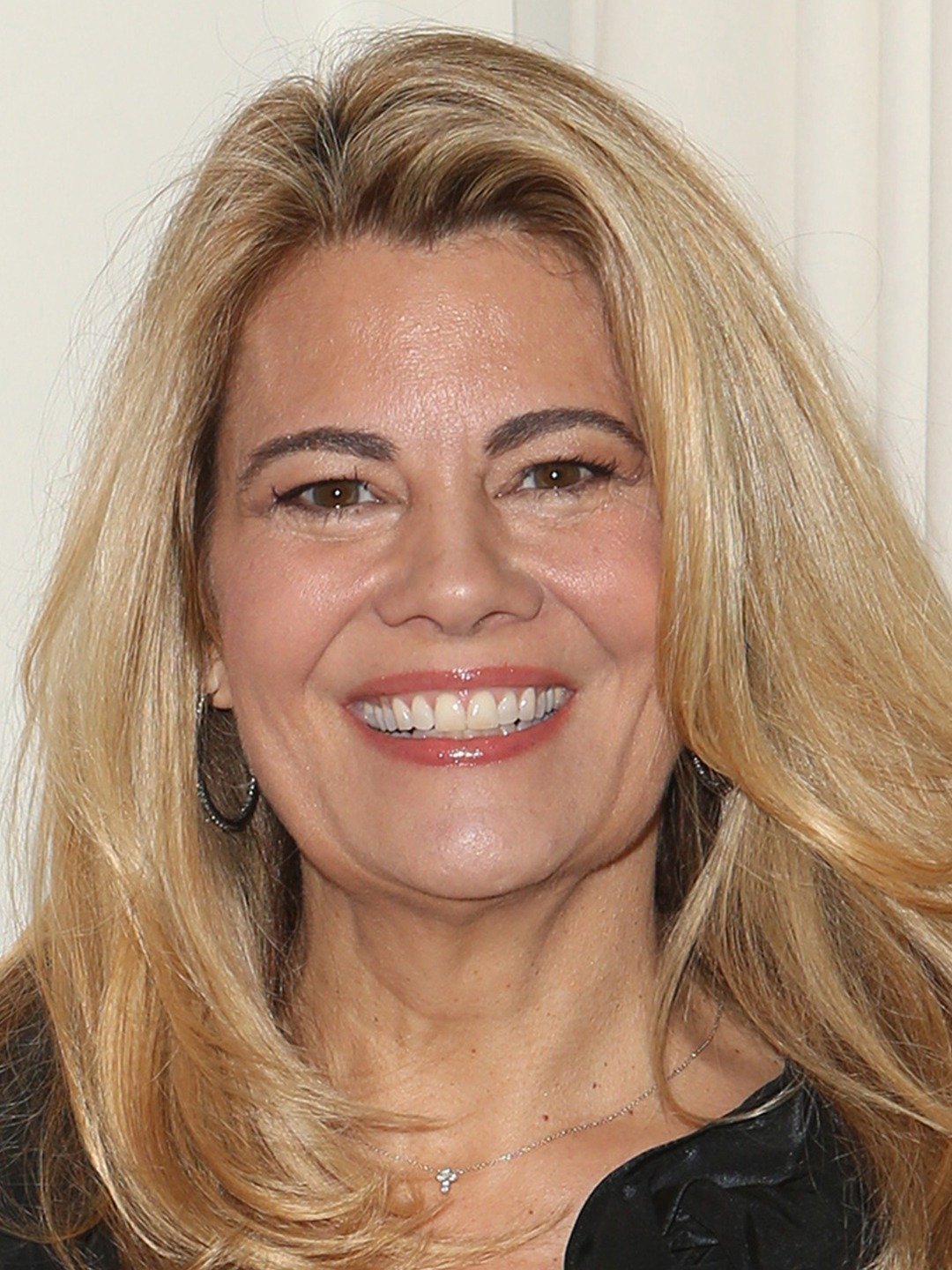
8. Lisa Whelchel
If you were a fan of ’70s and ’80s television, then the name Blair Warner immediately brings to mind the glamorous, witty, and sometimes wonderfully snobbish student from “The Facts of Life.” Lisa Whelchel embodied Blair with such charm and comedic timing that she became one of the most memorable characters of her generation, effortlessly capturing the hearts of millions of viewers. Her iconic role on the beloved sitcom established her as a prominent young actress.
After her significant success on television, Whelchel gracefully navigated a multi-faceted career path that showcased her diverse talents and passions. She pursued a deeply personal calling in music, becoming a successful Christian singer with a devoted following who appreciated her heartfelt lyrics and inspiring melodies. Concurrent with her musical endeavors, she also authored a series of inspirational books, which resonated deeply with audiences seeking spiritual guidance and motivational insights for their daily lives.
As if music and writing weren’t enough, Whelchel also fearlessly embraced entirely new challenges, notably competing on the popular reality show “Survivor.” Her participation on the demanding series allowed audiences to see a different side of her — one of grit, strategic thinking, and an adventurous spirit. It was a surprising and engaging move that highlighted her remarkable ability to adapt and thrive in vastly different environments, far removed from the scripted world of television.
Lisa Whelchel’s journey from a quintessential ’70s TV star to a Christian recording artist, author, and reality TV competitor powerfully illustrates a commitment to both personal and spiritual growth. She continues to be a source of inspiration for many, demonstrating that a life well-lived is one where you continuously explore new avenues for expression and connection, always staying true to your evolving self.
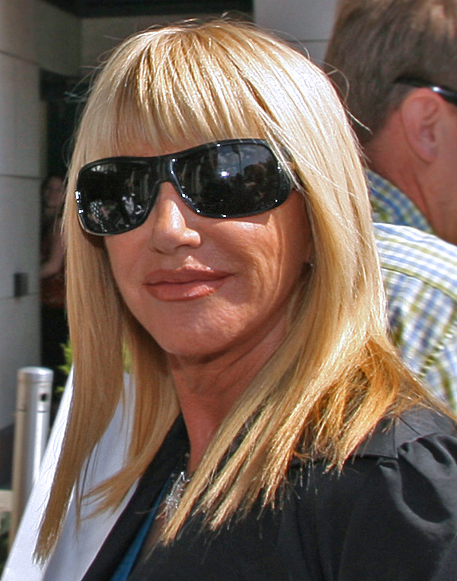
9. Suzanne Somers
For an entire generation, Suzanne Somers was synonymous with the bubbly, often ditzy, yet undeniably charming Chrissy Snow on “Three’s Company.” Her captivating presence and comedic prowess made Chrissy one of the most iconic and beloved characters of the ’70s, a true television staple that brought laughter into millions of homes. Her tenure on the show solidified her status as a Hollywood bombshell and a comedic force.
However, Somers’s story is one of incredible entrepreneurial spirit and a visionary pivot into an entirely different realm: health and wellness. Recognizing her platform, she leveraged her immense fame to build a hugely successful empire focused on fitness and self-improvement, long before “wellness guru” was a common term. She became famously associated with the ThighMaster, an innovative exercise device that became a cultural phenomenon, and authored numerous bestselling books on health, anti-aging, and alternative medicine, empowering individuals to take control of their well-being.
Through her books, products, and public appearances, Suzanne Somers became a trusted voice and an inspiring figure for millions who sought a more holistic approach to health. She candidly shared her personal journey to better health and defied conventional wisdom, advocating for natural solutions and empowering her audience to question and understand their own bodies. Her dedication to sharing knowledge made her an unexpected, yet incredibly effective, health advocate.
Her extraordinary career evolution from a beloved ’70s actress to a pioneering wellness mogul perfectly highlights her fierce entrepreneurial drive and unwavering dedication to healthy living. Suzanne Somers’s legacy extends far beyond her memorable acting roles, cementing her place as a visionary who inspired countless individuals to prioritize their health and embrace a more vibrant, empowered lifestyle. She truly demonstrated how to turn fame into a force for positive change.
Read more about: From ‘Whoa!’ to ‘Wait, What?!’ — The Wildest Actor Replacements in Hollywood History That Tried (and Failed) to Fool Us All!
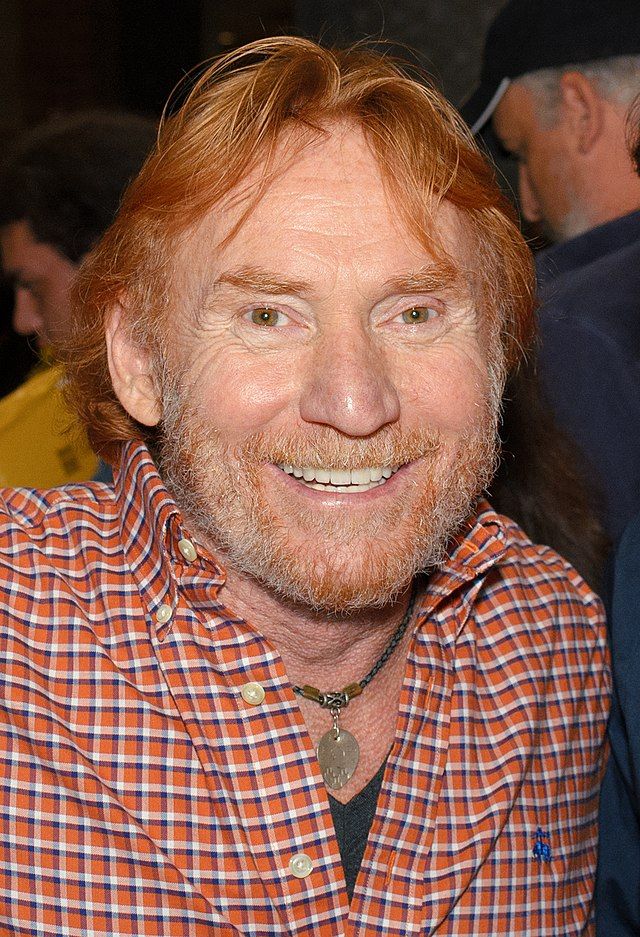
10. Danny Bonaduce
From the moment he stepped onto our screens as the mischievous, red-headed bassist Danny Partridge on “The Partridge Family,” Danny Bonaduce captivated audiences with his youthful energy and undeniable charisma. As a child star in the ’70s, he quickly became a beloved figure in one of television’s most iconic musical families. However, like many who find fame at a young age, Bonaduce’s early success came with its own unique set of challenges and public struggles.
In a powerful act of reinvention, Bonaduce carved out an entirely new niche for himself as a candid and outspoken radio personality. He transitioned from acting to the demanding world of broadcasting, where his unfiltered humor and raw honesty quickly garnered a massive and loyal following. He wasn’t afraid to share his life experiences, both good and bad, creating a unique connection with listeners who appreciated his authenticity and wit.
His ability to connect with diverse audiences on-air was truly remarkable, showcasing a natural charisma and an impressive adaptability to a medium far different from scripted television. Through his various radio and talk shows, Bonaduce found a powerful platform for engaging discourse, offering a mix of humor, personal anecdotes, and unvarnished opinions. This transformation cemented his status not just as a survivor of child stardom, but as a dynamic and enduring entertainer.
Danny Bonaduce’s journey from a ’70s child star navigating the complexities of early fame to a respected and relatable radio host is a compelling testament to resilience and the profound power of reinvention. His story is a powerful reminder that sometimes, the most enduring success comes from embracing your true voice and sharing your authentic self with the world, no matter how unconventional the path.
Read more about: From Nose Twitches to Malibu Beaches: Unveiling the Extraordinary Life of Bewitched’s Erin Murphy at 61

11. Rick Springfield
For many ’70s TV viewers, Rick Springfield was first recognized as the charismatic Dr. Noah Drake on the popular daytime soap opera “General Hospital.” While his acting talents certainly captured attention, it was clear that a deeper passion for music was also driving him. He was one of those rare talents who effortlessly balanced both acting and a burgeoning music career, hinting at the incredible heights he would soon reach.
His transition into a full-blown rock sensation in the early ’80s with the iconic, Grammy-winning hit “Jessie’s Girl” was nothing short of explosive. This song became an anthem for a generation, catapulting him to global stardom and solidifying his reputation as a bona fide rock icon. His magnetic stage presence, catchy songwriting, and powerful vocals created a fan base that transcended his soap opera origins, marking a significant shift in his public identity.
Despite his monumental musical success, Springfield never fully abandoned his acting roots. He continued to take on various roles while maintaining a vigorous touring schedule and consistently producing new albums, demonstrating an impressive dedication to both of his artistic passions. He proved that it was possible to excel in multiple creative fields simultaneously, constantly evolving his artistry and engaging his fans across different mediums.
Rick Springfield’s incredible ability to blend his talents as both a celebrated actor and an electrifying musician showcases a rare dedication and a boundless creative spirit. His journey embodies the spirit of artistic duality, appealing to fans of both compelling television narratives and high-energy live performances. He remains a vibrant force in entertainment, consistently proving that true talent knows no bounds and can thrive in multiple expressions.
Read more about: Unraveling America’s Automotive Ancestry: A Deep Dive into the Oldest Car Brands That Shaped a Nation’s Roads
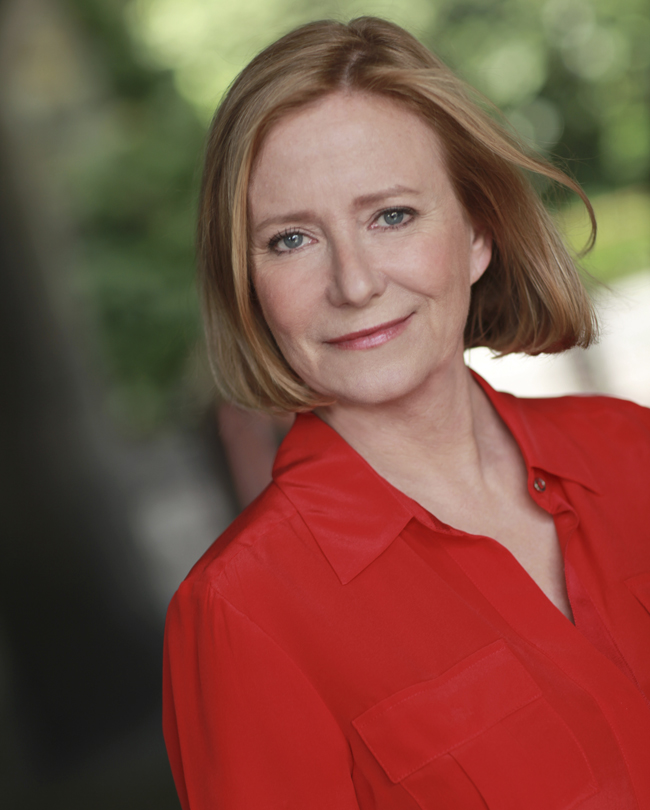
12. Eve Plumb
For countless viewers who grew up in the ’70s, Eve Plumb is inextricably linked with Jan Brady, the middle sister from the iconic sitcom “The Brady Bunch.” Her portrayal of Jan, often overshadowed by her older sister Marcia, made her a relatable figure to many, and her memorable lines became a staple of pop culture. Her role as Jan cemented her place in television history, but it was just one chapter in her creative life.
In a truly remarkable and less expected reinvention, Plumb quietly embraced her profound artistic talents, evolving into a highly respected professional painter. Away from the glare of Hollywood, she dedicated herself to her craft, producing vibrant, thoughtful art that has been exhibited in galleries across the nation. This wasn’t a celebrity dabbling in a hobby; it was a serious artistic pursuit that showcased her innate creativity and a deep commitment to visual expression.
Her captivating work often explores themes of nostalgia, personal reflection, and the quiet beauty of everyday life, resonating deeply with art enthusiasts and critics alike. By channeling her creativity into painting, Plumb forged a distinct new identity for herself, one that stood proudly apart from her enduring television fame. It was a conscious and successful effort to express herself through a different, yet equally powerful, artistic medium.
Eve Plumb’s inspiring journey from a beloved ’70s television actress to an acclaimed visual artist highlights the enduring power of self-expression and profound personal transformation. Her story beautifully illustrates that talent can manifest in many forms, and that true fulfillment often lies in exploring those passions that speak most authentically to our souls, allowing us to leave an indelible mark in unexpected, yet deeply meaningful, ways.
Read more about: Barbra Streisand’s Enduring Tribute: Remembering Robert Redford’s Life and Legacy
And there you have it – a dazzling dozen of ’70s TV stars who didn’t just fade into the sunset. Instead, they boldly embraced entirely new callings, proving that the decade of bell-bottoms and disco was also a powerful incubator for incredible talent and limitless potential. From award-winning directors and global pop icons to wellness gurus, radio personalities, and celebrated artists, these individuals redefined what it meant to be famous, leaving us continually inspired by their resilience, creativity, and willingness to chart their own course. Their stories aren’t just about changing careers; they’re about the timeless pursuit of passion, reminding us that with enough drive and adaptability, anyone can write their next extraordinary chapter. Now, how’s that for some serious inspiration? Keep on shining, you magnificent ’70s legends!


